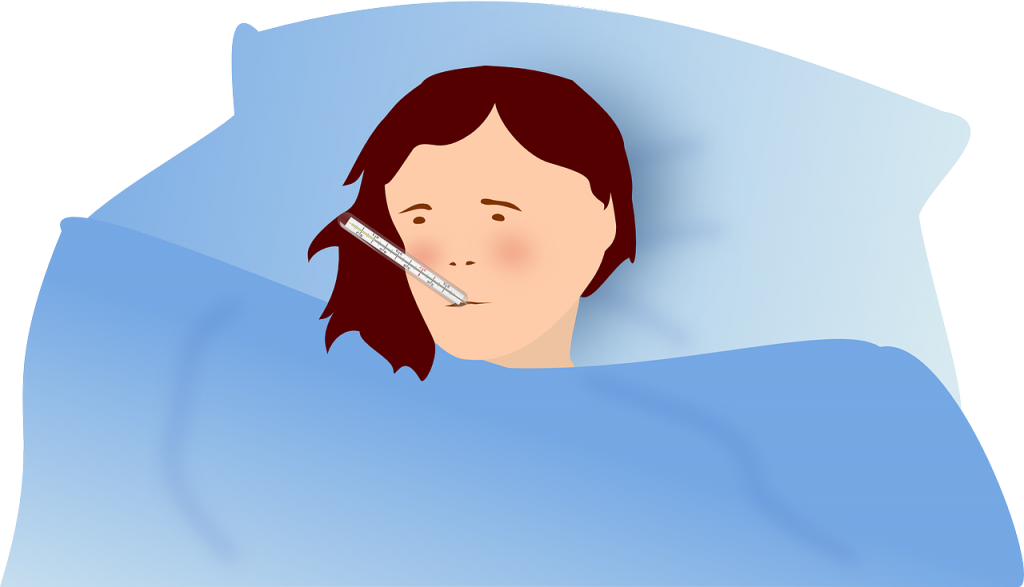Units 10 & 11 Horizon Business Village
1 Brooklands Road, Weybridge, Surrey. KT13 0TJ.8am - 6pm Weekdays
8am - 1pm SaturdaysThe real symptoms of COVID-19

Through talking to patients all day, I have realised that many just do not realise the possible ways that COVID-19 can present.
Their reactions to my advice are also highly variable from surprise to being advised to self-isolate to feeling insulted that they might actually have it!
There seems to be a fundamental misunderstanding by many people about what they should do.
Official guidance
The current official guidance is that you should suspect COVID-19 if you have:
– high temperature – this means you feel hot to touch on your chest or back (you do not need to measure your temperature)
– a new, continuous cough – this means coughing a lot for more than an hour, or 3 or more coughing episodes in 24 hours (if you usually have a cough, it may be worse than usual)
Does that mean that if you don’t have these particular symptoms, then you shouldn’t worry? Essentially, the answer is no!
The reality
As COVID-19 spreads we are learning that it can also present in other ways:
– sore throat
– blocked or runny nose
– loss of sense of smell
– diarrhoea and vomiting
– shortness of breath
In other words, any sign of a respiratory infection affecting nose, throat and chest. When symptoms are severe, then diarrhoea and vomiting may also result.
Symptom severity varies
Between 40-70% of us are going to get COVID-19 infection.
Most of us are going to get mild to moderate symptoms. Small children and teenagers in particular seem to have a mild disease. Only a very small proportion of us are actually going to get symptoms severe enough to need hospital care. This is likely to be mostly the elderly and those with chronic diseases.
The bottom line
Of course, there are the usual viral and bacterial infections that are still going around. Someone’s symptoms could be due to any of these infections other than COVID-19.
But, someone currently with any symptoms of a respiratory infection should behave as if they do have COVID-19 in order to prevent possible spread. That’s because a test is not yet widely available to tell us the difference.
What does this mean in practice?
It means that people with respiratory symptoms should do the usual self-care during the first week of illness as they would do for any viral infection:
– take paracetamol for pain and fever
– drink plenty of fluids
– try honey for a sore throat and maybe some throat pastilles
– try honey and lemon in hot water for a cough (don’t bother with cough mixtures)
– rest
AND take precautions to prevent spread as if they have COVID-19:
– self-isolate for 7 days if they have symptoms
– the home occupants should self-isolate for 14 days if they don’t have symptoms because they can become symptomatic during this time
Most people will improve during the first week from self-limiting conditions including common viral infections. They will also get better from some bacterial infections such as tonsillitis without the use of antibiotics because our immune system is pretty efficient.
After the first 1 week of illness, if people are not improving then they should get in touch with their doctor. They should get in touch sooner is they worsen in any way.
If symptoms are similar to those of COVID-19 and are severe, people should contact 111 directly.
I spoke to a lady this morning who had classical symptoms of COVID-19 with fever, shivers, cough and was becoming more short of breath over the past 1 week. She was a non-smoker and had no history of asthma. She sounded very short of breath on the phone. I advised her to contact 111 without delay. She told me that she didn’t want to go into hospital because she was a single mother with 3 small children and there was no-one to look after them…….


